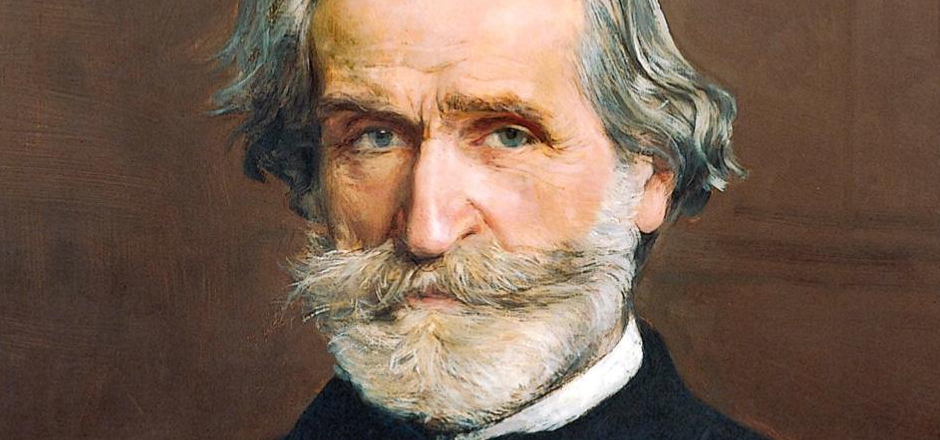Giuseppe Verdi - Popular trilogy
Opera
La traviata
Giuseppe Verdi
La traviata
Opera in three acts
Libretto by Francesco Maria Piave, from the drama La dame aux camélias by Alexandre Dumas jr.
Music by Giuseppe Verdi
First performance: March 6, marzo 1853 at Teatro La Fenice di Venezia
New production
Artists
Conductor
Fabio Luisi
Director
Francesco Micheli
Choir director
Lorenzo Fratini
Orchestra and Choir of the Maggio Musicale Fiorentino
Fabio Luisi
Director
Francesco Micheli
Choir director
Lorenzo Fratini
Orchestra and Choir of the Maggio Musicale Fiorentino
Violetta Valery
Zuzana Markova
Alfredo Germont
Matteo Lippi
Giorgio Germont
Simone Del Savio
Zuzana Markova
Alfredo Germont
Matteo Lippi
Giorgio Germont
Simone Del Savio
There is a party at the home of the Parisian courtesan Violetta Valery. Viscount Gaston de Letorièrs introduces her to Alfredo Germont, who, long infatuated with the hostess, dedicates to her a toast. While the guests move into the ballroom, Violetta, suddenly feeling ill, is forced to stop. Alfredo seizes the moment to declare his love; at first, she invites him to forget her, then gives him a flower begging him to return it when it is withered, that is, the following day. Left alone, she reflects on the strange turmoil caused by Alfredo's declaration while from afar, the young man's voice continues to reiterate his love.
ACT II
The two lovers have been living in the countryside for several months. Alfredo, informed by the maid Annina that Violetta is selling her possessions to pay the bills, hurries to Paris in search of a solution. Meanwhile, Giorgio Germont, young Alfredo's father, pays a visit: the family honour is at stake and Alfredo's conduct is threatening the marriage of his sister. Violetta agrees to sacrifice herself and leaves her lover with the excuse of wanting to return to her previous life. Alfredo, consoled by his father, finds an invitation to a party from her friend Flora Bervoix and decides to participate. Violet arrives at the party with the Baron Douphol, her former lover. Alfredo, in front of everyone, announces his intention to settle his debts and throws the money just won at the gaming table at her. Violetta faints and Alfredo, after being scolded by his father, leaves among general contempt.
ACT III
Violetta rests in her bedroom, watched over by Annina. To her, the doctor reveals that her mistress, suffering from tuberculosis, has only a few hours left to live. Violetta, disconsolate, rereads a letter from Germont in which he tells her that he confessed everything to his son. Alfredo finally arrives and the two dream of a future together away from Paris; Germont rushes in but it is too late; after having given her portrait to her beloved, Violetta dies.
Giuseppe Fortunino Francesco Verdi was born in Le Roncole di Busseto, near Parma, on October 10, 1813. He learned the rudiments of music by playing the organ in the local parish and in 1832, thanks to the patronage of Antonio Barezzi he moved to Milan, despite not being admitted to the Conservatory. Oberto conte di San Bonifacio, his first opera, is staged with moderate success at La Scala in 1839 but it is Nabucco, three years later, that is his first great triumph. After many masterpieces, including Ernani (1844) and Macbeth(1847), is born the "popular trilogy": Rigoletto, Il trovatore and La traviata (1851-1853). He received important commissions from abroad: Les vêpres siciliennes (Paris, 1855), La forza del destino (St. Petersburg, 1862), Don Carlos (Paris, 1867) and Aida(Cairo, 1871). After the Requiem Mass (1874), Otello (1887) and Falstaff (1893), he died in Milan on January 27, 1901.
